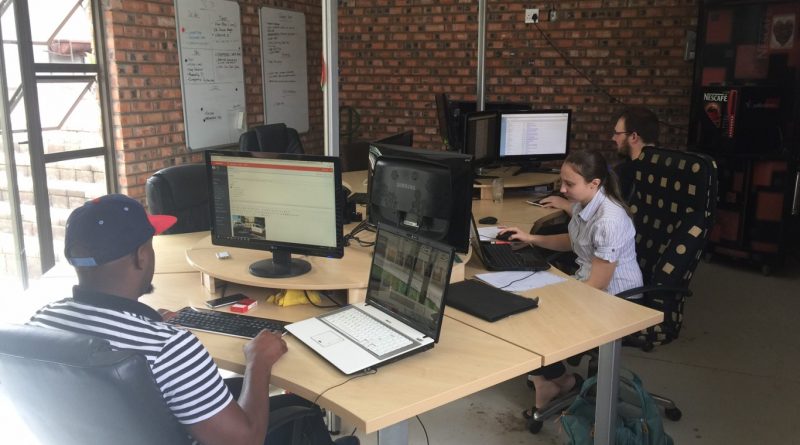A business start-up checklist to avoid failure
You’ll find a degree of risk in everything you do. But the risk involved in starting a business can be a great one. If you can help it, don’t leave your day job before things kick off. You never know how things are going to go. But there are a few things you should definitely do if you want to minimise risk and avoid failure as far as possible.
Expert advice
There’s no way you’re a full-on business and corporate finance expert. And even if you are, don’t be stubborn and not seek expert financial advice. There will be so many other things for you to focus on, so you really can afford to consult with an expert. A large number of businesses fail for the exact reason that they never managed or planned their finances properly. And the solution is as simple as hiring an expert. Think of it as a necessary investment.
Raise enough money
Now, to justify having a financial expert on your side, you need to have some finances to work with. Whether you are fundraising, taking out a loan or dipping into your personal savings, you need to make sure you raise enough capital to attract investors and get this business on its feet.
You should also be aware of where your finances lie at all times and be ready to pull the plug if cash starts running out. Don’t head into extra debt. If you’re running out, it’s because it’s not working out and it probably won’t end up a success. If you have a positive cash flow coming in after your expenses (which should only be essential expenses to conduct business), then you can celebrate your success and hold onto your investors a little while longer.
Debt-conscious
This sounds almost too obvious to mention, but the reality is that people seem to think that having started a business means money will inevitably come in and that justifies spending however they see fit.
If you’re starting a business straight out of your studies, you may have student debt that needs to be paid off. Or if you’re changing careers in the prime of your adult life, you have regular, everyday debt behind your name. Starting a business doesn’t change this. And it should be a priority to pay those debts off instead of buying a fancier car and leading a more lavish lifestyle because you’re now a “business owner”.
Your start-up will be more debt for you to deal with. You can’t afford to gain unnecessary debt. You need to be debt-conscious and stay focussed on how it’s being paid off.
Business plan
Another obvious yet commonly overlooked startup essential is having a strong and plausible business plan. Which you really need if you want any chance to prepare for all financial possibilities and set goals to motivate the business to do well. Without a business plan, there’s nothing for you, your employees and customers to believe in or justify why they should support this venture and you’ll be going into the market blindly. If you don’t have expectations of the market you’re going into, the market will very quickly size you up and make or break your business reputation. You need to research and you need to plan.
And while you’re putting together your business plan, start setting up a marketing plan as well. Almost every market is overpopulated with ambitious entrepreneurs, such as yourself, trying to get a foothold and make a success out of their efforts. You need to embrace what sets you apart and customise a marketing plan that reflects your uniqueness and preaches to a specific target market (established in your business plan). Social media is your best start-up friend, make the most of its channels without breaking the bank as you start out.
Find value in the market
Starting a business is not as simple as just having a great product idea. It needs to be backed-up by the market and, more importantly, the consumers in that market. Your mission should be to fulfil a need or meet consumer demands. 49% of start-ups fail because of a lack of understanding and providing value to the market.
It’s a tough world out there and you need to stay relevant and in demand in order to make it. But, in the same breathe, just because a market isn’t ready for your ideas now, doesn’t mean it won’t be in a few years. Hold onto your innovations and keep studying the markets to find where your moment lies.
The right team
Bring the right people onboard with you from the word go and don’t hesitate to let others go who don’t understand your vision or who aren’t invested in the company as you are (physically and mentally invested, not financially).
Having the right team legally bound to your business (contracts are incredibly important) will distribute stress and keep the wheels turning.
Leadership
In South Africa, you’ll find about 50% of start-ups fail (within 24 months) due to inexperience and poor management from business owners and leaders. You need to critically analyse your personality and experience to determine whether you have what it takes to run a business and keep it running. Do your research, draw up your plans, delegate responsibility and do the necessary training.
With these things in check and in mind, your start-up has a better chance of surviving out there.




